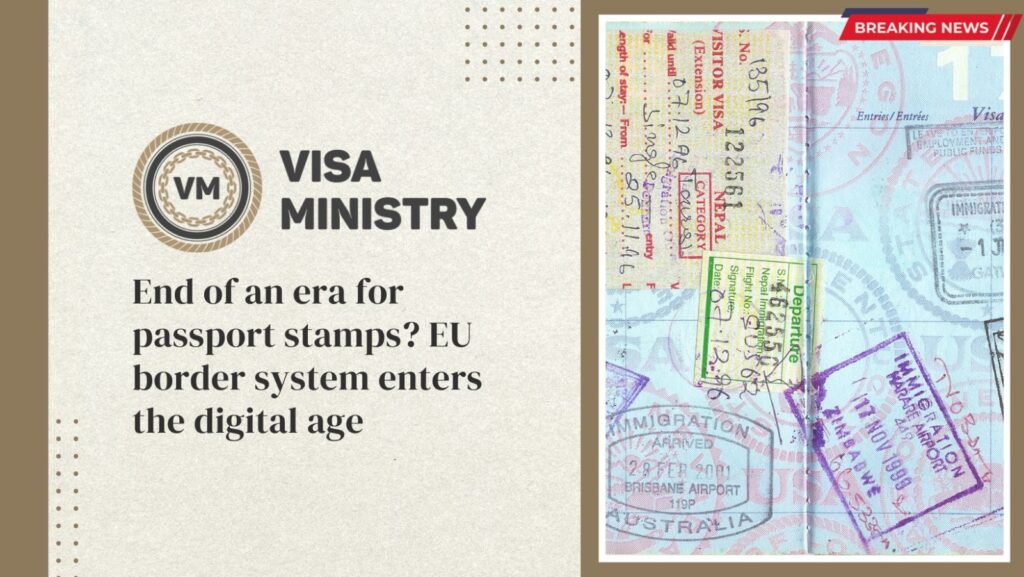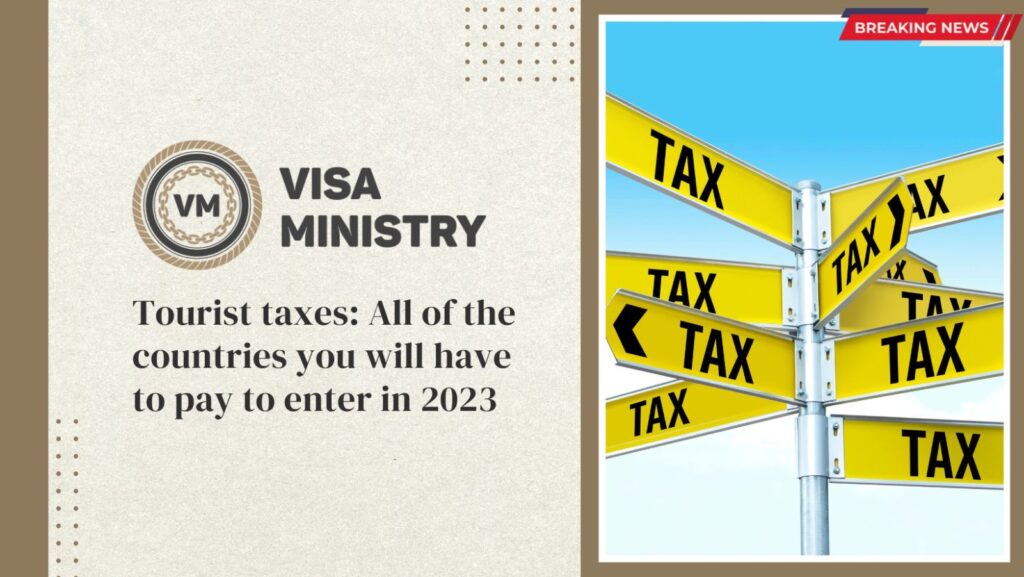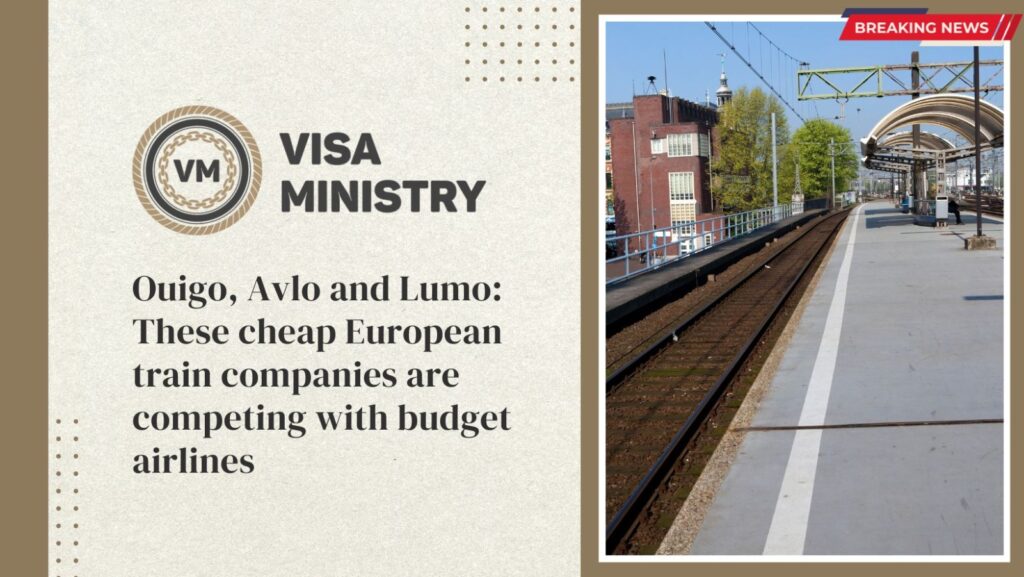Here is everything you need to know because we did the research for you. This year, traveller numbers have virtually returned to pre-pandemic levels, which has boosted popular tourism destinations that suffered during COVID-19 restrictions and closures. However, some well-known tourist destinations are already worried that overtourism-related issues will recur. Due to this, some decided to enact a “tourist tax” in 2022, while others want to do it this year. But if you’ve travelled abroad, chances are you’ve already paid one of the many tourist taxes that are already in place. Since it is occasionally incorporated into airline tickets or the taxes you pay at your hotel, you may not have ever noticed it. Here is all the information you want about the nations whose entry fees you must pay since we did the research for you. In 2023, Barcelona will raise its tourism tax. The mayor of Barcelona has announced an increase in the tourist fee for the next two years. The regional tourist tax and an additional city-wide levy have both been required on visitors to the Catalan capital since 2012. The municipal charge has now been increased, according to local officials. Visitors will have to pay €2.75 as of April 1, 2023. On April 1, 2024, there will be a second increase, bringing the cost up to €3.25. Visitors staying in authorised tourist accommodations are subject to the levy. The city’s infrastructure, including upgrades to the roads, bus services, and escalators, would be paid for with the revenues, according to the council. In 2023, Valencia will start charging a visitor fee. The city of Valencia has declared that it would impose a tourist tax on visitors who stay in any sort of lodging in the area, including hotels, hostels, residences, and camping grounds. At the end of 2023 or the beginning of 2024, it will take effect. Depending on the lodging they select, visitors will be required to pay between 50 cents and €2 each night for up to seven nights. According to the authorities, the charge would support the tourist industry’s sustainable growth in the area. Additionally, the money will be used to build more affordable housing for locals in tourist areas. Thailand will start charging visitors by the end of 2022. At the end of this year, Thailand will reportedly start charging tourists 300 Baht (about $8). According to the head of Thailand’s Tourism Authority, a portion of the cost would “be used to take care of tourists” because there have been instances where their health insurance hasn’t covered them. Additionally, it will assist in funding the expansion of popular tourist destinations like Bangkok’s Grand Palace. In 2023, Venice will enact a visitor charge. Venetian authorities may soon start charging visitors starting in the summer of 2023. In August, the Italian daily La Stampa stated that several mechanisms, including an online booking system, have been suggested to regulate the number of tourists. But additional measures, such as a fee to enter the city, must be taken to reduce the population. Depending on whether it is low season or peak season, the proposed fee would range from €3 to €10. In 2023, the EU will enact a tourist visa. Non-EU nationals, such as Americans, Australians, Britons, and other visitors from outside the Schengen region, will have to submit a €7 application by November 2023 in order to enter. No money is required for those who are over 70 or under the age of 18. These are all the nations where there is already an entrance tax for tourists. For a number of reasons, there are already tourist fees in existence in many nations. Some people believe it has to do with attempting to reduce the number of visitors and avoid overtourism. Others see it as a kind of visitor fee for sustainability. These levies provide funding for maintaining tourism infrastructure and safeguarding natural resources. Austria In Austria, there is a province-specific overnight lodging tax that you must pay. You’ll pay an additional 3.02 percent per person on the hotel bill in Vienna or Salzburg. Other names for the tourist levy include Berherbergungsbeiträge and Tourismusgesetz. Belgium For each night you stay in Belgium, the tourist tax is also charged on your lodging. Sometimes the price is included in the hotel room rate, but some hotels separate the cost and add it as an extra charge, so you should carefully review your statement. There is a fee for each room in Antwerp and Bruges. The cost in Brussels varies according to the size and star grade of the hotel. It typically costs €7.50. Bhutan Bhutan’s tax is astronomically high in compared to most other nations’ visitor levies, which hover around €20. Most international visitors pay a minimum daily charge of $250 (€228) per person per day during peak season and a little less during low season. However, it includes a lot, such as lodging, local transportation, a guide, meals, and entrance fees. Bulgaria In Bulgaria, overnight stays are subject to a tourist charge. It is extremely inexpensive and ranges up to about €1.50 depending on the neighbourhood and hotel category. Jamaican Islands Most Caribbean islands charge departure fees or add tourist taxes to the price of hotels. The following destinations charge visitors in some way: Antigua and Barbuda, Aruba, Bahamas, Barbados, Bermuda, Bonaire, British Virgin Islands, Cayman Islands, Dominica, Dominican Republic, Grenada, Haiti, Jamaica, Montserrat, St. Kitts and Nevis, St. Lucia, St. Maarten, St. Vincent and the Grenadines, Trinidad and Tobago, and the US Virgin Islands. The Bahamas charge a fee of €13, while Antigua and Barbuda charge €45. Croatia 2019 saw an increase in the tourist tax in Croatia. However, the higher rate only applies during the summer’s busy season. Each visitor pays around 10 kuna (€1.33) each night. Prague Republic Only when visiting Prague, the nation’s capital, do visitors to the Czech Republic need to pay a tourist charge. It is extremely little (less than €1) and paid per person, each night, for a maximum








